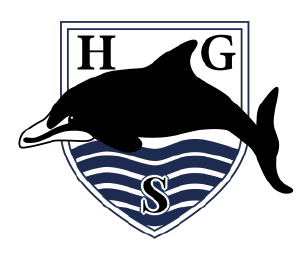Parents
Pupils
Staff
Special Educational Needs
Governance
Meet our Community
Wellbeing
West Midlands Academy Trust
Establishing West Midlands Academy Trust
West Midlands Academy Trust is a charitable company limited by guarantee, registered in England & Wales (Number 15869744). Its Registered Office is c/o Kings Norton Girls’ School, Selly Oak Road, Bournville, Birmingham, B30 1HW.
The WMAT website is available here: www.wmatrust.co.uk. The WMAT website includes the Articles of Association, Funding Agreements, and Governance information for the trust.
